Tutorials Information
Industry Panel Session 1
An Overview of Inverter-based Resources (IBRs) Deployment in Electric Grids: Current Status and Future Trends
- June 21,2025 – Saturday – 9:30AM – 10:15 AM
- Room 214
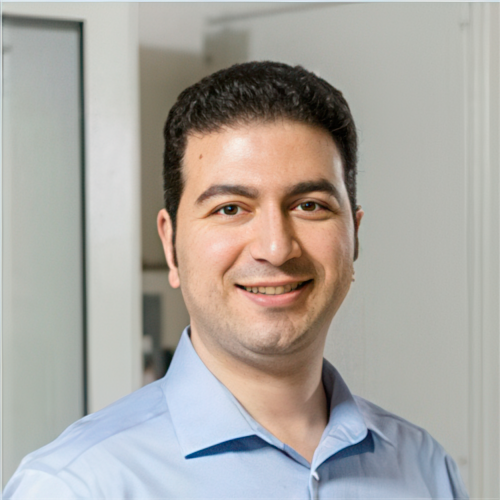
Omid Alizadeh
Senior Advisor
Concordia Quanta Technology, Canada
Moderator

Ahmad Momeni
Director of Technology Testing
Advanced Technology Integration, Canada

Sébastien Cense
Director, FPGA Simulation Department Opal RT, Canada
Abstract
The urgent requirements for decarbonization and continued environmental concerns is a driver for deployment and integration of inverter-based resources (IBRs) in power transmission and distribution systems. IBRs could present in various forms and interconnection levels and can contribute to grid resiliency and higher penetration of clean energy resources.
However, streamlining design, integration, and testing process, depending on type and use case of IBRs, is still a continued discussion in the industry. The key challenges in IBR development practices will be described further, and a few examples of practical processes and solutions to address these challenges will be presented. The panellists will cover the following topics in detail:
- Deployment of IBRs in Electric Grid T&D Systems: Engineering and Testing
- Microgrids and Battery Energy Storage Systems: Design and Integration The speakers in this panel session will talk about their first-hand work experiences and the practical learnings they have gained through recent IBR projects. A few examples and insights are shared with the session attendees.
Industry Panel Session 2
How to Trust Technology Further Than We Can Throw It
- June 21,2025 – Saturday – 1:30 PM - 2:15 PM
- Room 214

David Bruemmer
Founder
W8less LLC, USA
Moderator

Alex Huk, Ph.D.
Fuster Laboratory for Cognitive Neuroscience, USA

Dr. Scott Thayer
QinetiQ North America, USA

Eric Krotkov
Advisor , Toyota Research Institute, USA

Mel Torrie
Autonomous Solutions (ASI) Inc, USA
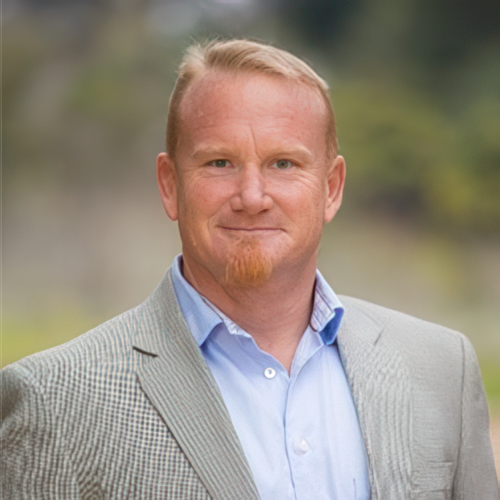
Treggon Owens
AerialMob, USA

Dr. Julie Marble
University of Maryland, USA

Agata Ciesielski
Tethics LLC, USA

Dr. Milos Manic
Virginia Commonwealth University, USA
Outline
Has technology development in the recent past increased or decreased trust? Autonomy has been a long term promise from the engineering community but the autonomy we see in robotics and AI is not always trustworthy and reliable. Consider self-driving cars and the challenges assocoiated with fully autnomous drones and robots. AI is moving quickly forward but not necessarily with a humanity centered focus. The outcome of new tech funding is not entirely positive, especially when it comes to the perception of the average person. An increasing number of people see technology as a source of danger and harm. They fear that technology is coming for their job, threatening their individual freedom and privacy. Is the anti-tech sentiment limited to AI and software or is it bleeding into other tech sectors such as industrial electronics? How do we engender wholesome and appropriate trust with a human-centered design focus and efforts to increase reliability and robustness? To dive into these important issues the panel will move through the following topic areas with questions from the audience inserted into each topic area.
Trends towards software-centric focus: Marc Andreeson, the famous venture capitalist, famously quipped that software is eating the world, but although software has exploded in value and impact it has not necessarily engendered trust especially for sectors such as robotics, self-driving and AI. By focusing so much energy and resources on software has hardware and specifically, industrial electronics suffered?
Trends towards hyperbolic marketing: The push for funding in the tech sector has caused a feeding frenzy including broad marketing claims, software-centric thinking and the push for unicorn-level growth. How has this impacted industrial electronics and the balance of hardware and software?What if the key to engendering trust is enabling appropriate distrust. With the robotics and self driving world, it often seems that marketing “full self driving” or “full autonomy” reaps tremendous rewards in terms of investment and sales… but at what cost? In order to engender trust in our engineering practices and more generally in our technology in general, do we not need to embrace the idea of robust union between hardware and software. This may be especially true for industrial electronics.
Trends towards and away from globalization: The past decade has been defined by unprecedented global trade enabling software and hardware to be pieced together from components that are obtained around the world. How will the changes currently underway to reverse the globalization trend impact these issues of trust? Will trade wars, tariffs and increased focus on nationalism impact robust performance and trustworthiness of electronic systems?
Trends towards “full autonomy”: Autonomy has not scaled as promised and trust for these systems is at an all time low. Cars crash on the roads at unprecedented rates while in full self-driving mode. Autonomous drones fall out of the sky due to problems with GPS, motor failures and software bugs. In the military and energy sectors the push for full autonomy has made the goal to eliminate human involvement but in chaotic environments the autonomy often fails, leaving the user stranded and ill prepared to cope. How has the focus on full autonomy reduced reliability and limited trust?
Trends towards reduced reliability: Robots, appliances and even cars fail at a rate never before imagined. Washing machines and dishwashers made in the 1960 lasted for decades requiring very little care, but those developed today, full of sensors and electronics, fail in months requiring constant maintenance. This is true for scooters, cars, trucks, forklifts, mining vehicles, washing machines, dryers, stoves, fridges and everything in between. Are these shortcomings inevitable due to increased complexity? How much of the problem is due to industrial electronics?
Industry Panel Session 3
The Next Frontier of Artificial Intelligence: Generalist Robotics and Physical AI
- June 22, 2025 – Sunday – 9:30 AM - 10:15 AM
- Room 214 + Room 215

Dr. Milos Manic
Professor
Virginia Commonwealth University, USA
Moderator

Dr. Gustavo Pessin
Head of the Robotics, Instrumentation and Control Lab, Brazil.

Dr. Carlos Eduardo Pereira
Automation Engineering UFRGS, Brazil

Dr. Leandro Buss Becker
Professor universitário
na Universidade Federal de Santa Catarina, Brazil
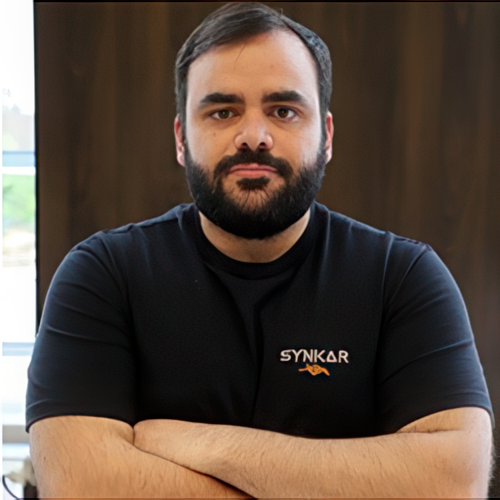
Lucas Assis
Synkar Autonomous, Brazil
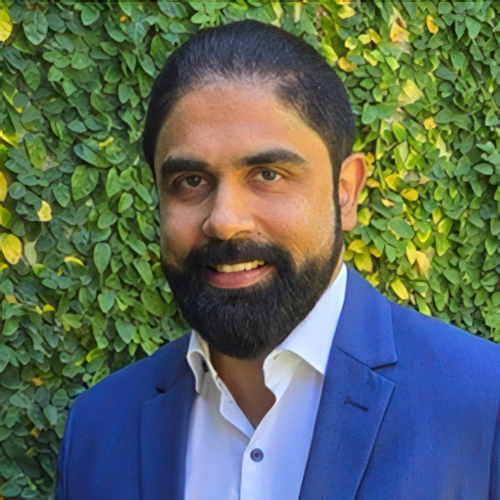
Dr. Daswin de Silva
La Trobe University, Australia

Stamatis Karnouskos
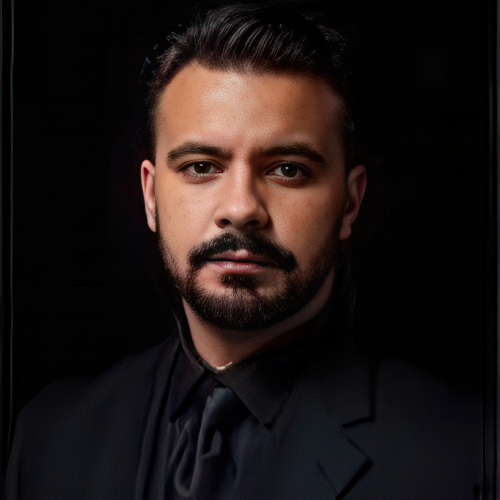
Dr. Marcelo Lemes
Motivation and Focus
In today’s rapidly evolving technological landscape, a panel on robotics and AI is essential for the industrial community. As industries face increasing pressure to enhance efficiency, reduce operational costs, and remain competitive, robotics and AI have emerged as transformative tools across manufacturing, logistics, supply chain management, and quality control. This panel offers a strategic platform for industry leaders, engineers, researchers, and decision-makers to explore the opportunities and challenges presented by the integration of intelligent systems into industrial processes. The importance of this panel lies in its potential to bridge the gap between cutting-edge academic research, real-world industrial applications, and policy-making. It encourages dialogue on how robotics and AI can be harnessed to drive innovation, address labor shortages, and improve workplace safety. By bringing together experts from academia and industry, the panel fosters knowledge exchange and collaborative thinking. It also helps demystify AI and robotics for stakeholders who may not yet be deeply involved with these technologies, offering practical insights and case studies on implementation.
Technical Outline
Industrial robots in factory, warehouse, and navigation automation are typically pre-programmed for repetitive motion in pre-defined settings. While this manual and model-based engineering approaches are adequate for deterministic and simple behaviours, the complexity of real-world environments remains out of reach for robots. Recent advances in Generative AI are making headway into addressing this gap through robotic foundation models, synthetic and simulated robotic actions training datasets and cross-embodiment skills transfer. Tesla Optimus, Covariant RFM-1 NVIDIA Isaac GR00T, and Pollen Robotics Reachy are pushing the boundaries of AI robotics innovations.
Industry Panel Session 4
Strategies, Challenges, and Innovations in Transportation Electrification
- June 22, 2025 – Sunday – 1:30 PM - 2:15 PM
- Room 214

Dr. Sanjida Moury
Renewable Energy Program, Toronto Transit Commission (TTC), Canada
Moderator

Andrew Cowles
Renewable Energy Program, TTC, Canada
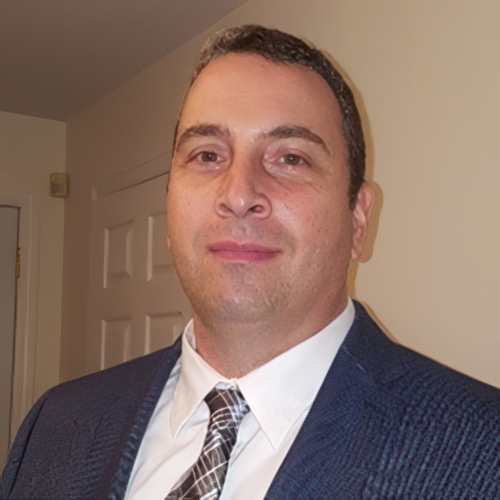
Ray Micallef
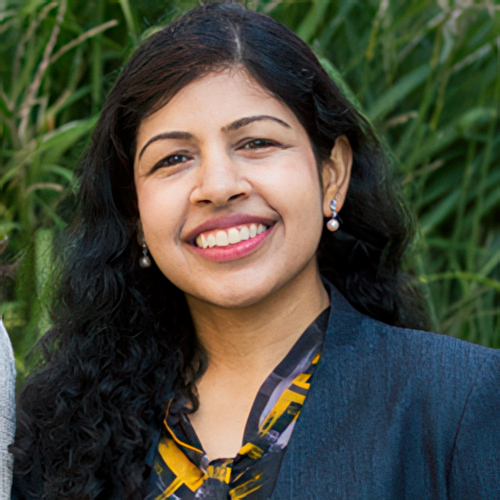
Sushma Narisetty
Energy Transition/ Grid intelligence Toronto Hydro, Canada
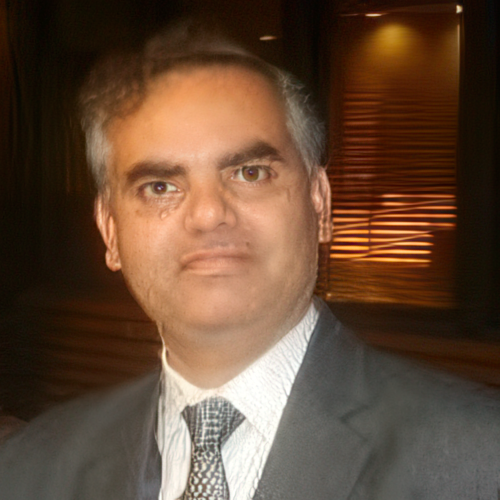
Dr. Mukhtiar Singh
Delhi Technological University, Delhi, India
Outline
This panel will explore the rapid electrification of Toronto’s transportation landscape, focusing on the strategic, technical, regulatory, and environmental aspects of this complex transition. Bringing together senior leaders from public transit agencies and utilities, the session will provide a systems-level perspective on how Toronto is working toward a cleaner, electrified, and more resilient transportation ecosystem.
The discussion will center on the electrification of public transit, featuring representatives from the Toronto Transit Commission (TTC) and Metrolinx. They will discuss their respective plans for achieving fully zero-emission fleets. Panelists will share insights into infrastructure planning, the challenges they face, and key enabling technologies that facilitate large-scale fleet conversion. The TTC and Metrolinx will serve as a case study in innovation, demonstrating how the integration of clean energy, battery storage, and electric bus infrastructure contributes to the decarbonization of transit operations.
Additionally, the panel will address operational challenges, lessons learned, and performance data from pilot programs involving electric buses and trains, offering practical insights into real-world implementation. The panel will also examine the perspectives of infrastructure and utility providers, focusing on the effects of high EV adoption on Toronto’s electrical grid, particularly in densely populated urban and transit areas. Panelists will explore strategies for smart charging, load management, and the development of rate structures designed to reduce peak demand and ensure grid reliability.
Industry Panel Session 5
Securing Power Systems in the Post-Quantum Era: Urgency, Challenges, and Solutions
- June 23, 2025 – Monday – 9:30 AM - 10:15 AM
- Room 214

Dr. Atefeh Mashatan
Canada Research Chair, Founding Director
Cybersecurity Research Lab,
Associate Professor
TMU, Canada
Moderator
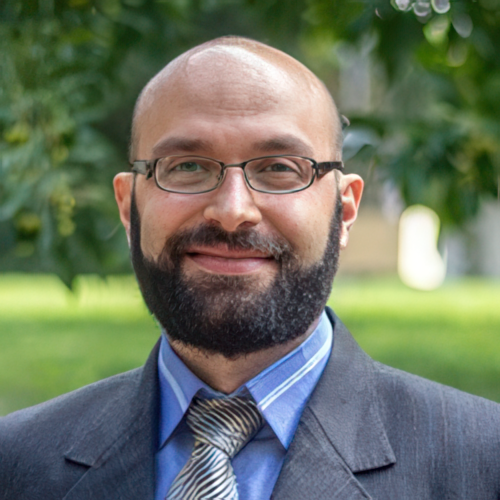
Dr. Mohammadreza Arani
CRC in Smart Grid Cyber-Physical Security, TMU, Canada

Dr. Marthe Kassouf
the Research Institute of Hydro-Quebec (IREQ), Canada

Dr. Brian Neill
evolution, Canada
Outline
Quantum computers are advancing at a much faster pace than initially anticipated. While this revolutionary technology holds the potential to solve long-standing computational challenges, it also introduces unprecedented cybersecurity threats. Many cryptographic algorithms, once considered secure—requiring billions of years for classical computers to break—could be compromised in mere minutes by quantum computers.
Industries such as finance and IT have already recognized this challenge and have proactively begun transitioning toward quantum-resistant security measures. Organizations like NIST and ETSI are actively working on standardizing Post-Quantum Cryptographic (PQC) algorithms. However, industrial control systems (ICS), including power systems, lag significantly in adopting quantum-safe cybersecurity practices.
Power systems, as critical cyber-physical infrastructures, rely extensively on information and communication technology (ICT) and cryptographic protocols to ensure system security. Yet, their vulnerabilities to quantum-enabled cyber threats have not been systematically studied. While IT sectors have made significant progress in developing quantum-resistant security frameworks, these solutions have yet to be tested and adapted for operational technology (OT) environments, where system constraints and security priorities differ significantly from traditional IT settings.
Unlike IT systems, which prioritize data confidentiality, OT systems emphasize availability and real-time operation, making their cybersecurity needs fundamentally different. Power grids, for instance, operate under extremely low-latency communication requirements, sometimes as short as 4 milliseconds, further complicating the adoption of new security protocols. Any cryptographic solution must be thoroughly tested and adapted for these stringent requirements.
Additionally, OT components have much longer life cycles (10–20 years) compared to IT hardware, meaning that many existing power system devices have limited computational capabilities to support complex quantum-resistant encryption techniques. This extended lifespan also creates cybersecurity challenges, as older, non-secure legacy devices will inevitably coexist with newly deployed quantum-resistant systems, leading to hybrid security risks.
This panel will explore the pressing cybersecurity challenges of power systems in the post-quantum era, focusing on the gaps between IT and OT security measures, real-world implementation constraints, and practical strategies to ensure grid resilience.
Industry Forum Session
Wireless communication and cloud computing infrastructure for industrial automation systems
- June 22, 2025 – Sunday – 2:15 PM - 3:00 PM
- Room 214 & 215
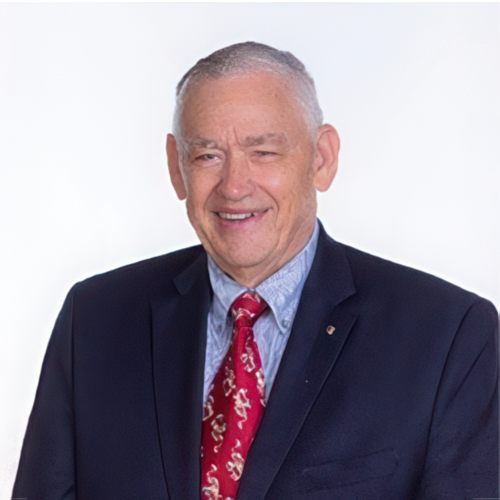
Dr. Michael Condry
Chair
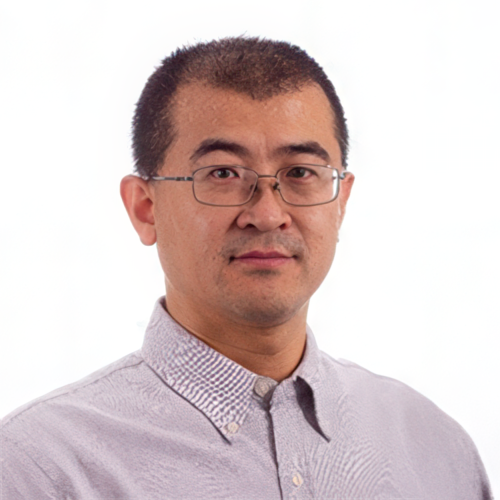
Dr. Zhibo Pang

Dr. Mohamed Kashef
NIST, USA

Sid Dixit
CopperPoint Insurance Companies, USA
Motivation & Focus
The industrial automation sector is undergoing a transformation driven by the rapid proliferation of communication and computing technologies, to meet the specific needs such as scalability, availability and performance in various application domains of Industrial Cyber-Physical Systems. To support the architectural shift, a novel paradigm called Cloud-Fog Automation was proposed to accelerate the convergence and synergy of various enabler technologies. One of the integral parts of realizing this novel paradigm is the integration of wireless communication and cloud computing technologies.
Wireless communication is becoming increasingly prevalent in industrial automation as systems evolve toward more flexible, mobile, and interconnected architectures. The increasing adoption of wireless technologies provides significant benefits by reducing the cost and complexity of physical cabling, supporting mobility for reconfigurable production systems, and enabling real-time data exchange across distributed assets. Despite these advantages, significant challenges remain. Wireless communication networks must guarantee deterministic performance under stringent latency and reliability constraints.
As another key enablers of modern industrial automation systems, cloud computing platforms host higher-level applications like production optimization and enterprise integration, while fog nodes handle time-sensitive control tasks closer to the physical process. The benefits of this approach are significant: it reduces capital and operational expenditures, simplifies system upgrades and maintenance, and supports rapid integration of AI/ML capabilities for predictive analytics and autonomous decision-making. While wireless communication and cloud computing each offer transformative benefits for industrial automation, their independent evolution creates critical integration gaps. This topic is thus motivated by the urgent need to develop co-designed, interoperable, and scalable architectures that harness wireless communication and cloud computing as foundational enablers of future-proof industrial automation systems. This panel aims to promote research, innovations, and applications to bridge the gap between theory and applications